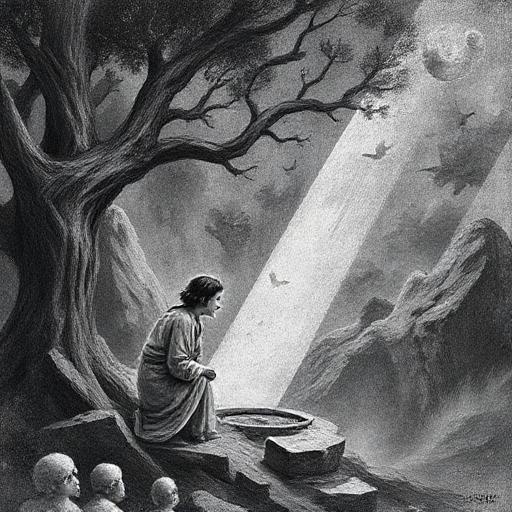Consciousness is something we all experience—it's the feeling of being awake, aware, and able to think, sense, and reflect. Yet when we ask why consciousness exists or how it arises, we run into one of the deepest mysteries in both science and philosophy.
The big question isn’t just what consciousness is, but why it happens at all. Why does a collection of physical neurons and chemicals in the brain produce something as vivid and personal as experience? Why should a brain generate a "mind" that feels pain, sees colors, and wonders about itself?
This is often called the “hard problem of consciousness,” a term popularized by philosopher David Chalmers. The "easy" problems (relatively speaking) involve understanding how the brain processes information, reacts to stimuli, or controls movement. But the "hard" problem asks: why does any of this lead to an inner life?
We can study the brain with MRI scans and electrodes. We know which areas light up when we feel fear or joy. We can simulate decision-making in AI systems. But none of that explains how physical processes give rise to subjective experience—the "what it’s like" to be a conscious being.
Different theories try to tackle this mystery. Some propose that consciousness emerges from complex information patterns in the brain. Others argue it might be a fundamental part of the universe, like space or time. There are even views suggesting we need an entirely new kind of science to fully grasp it.
From a biological perspective, consciousness may have evolved because it offered survival advantages. An animal that can model its environment, reflect on past events, and anticipate the future might outcompete others. Still, that doesn't answer why these functions feel like something from the inside.
Even with all our technology and neuroscience, we still don't know why consciousness exists. It remains a puzzle at the intersection of biology, physics, philosophy, and even spirituality. And while we can describe what happens in the brain when someone has a thought or a dream, we can’t yet explain why it feels like anything at all.
Understanding consciousness isn’t just a curiosity. It has real implications—from how we treat animals to what we expect from artificial intelligence. If a machine can mimic human behavior, is it conscious? If a person is in a coma, how do we know what's happening inside their mind?
So, why does consciousness exist? The honest answer is: we don’t fully know. But the search for that answer might be the most human quest of all.
